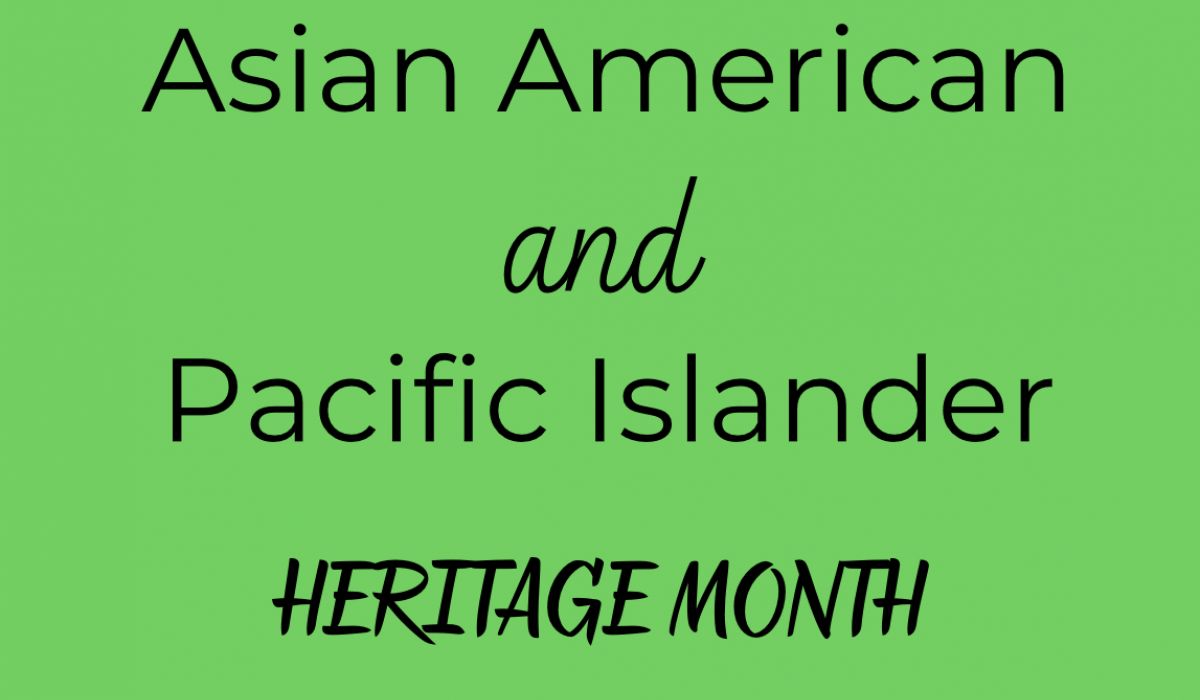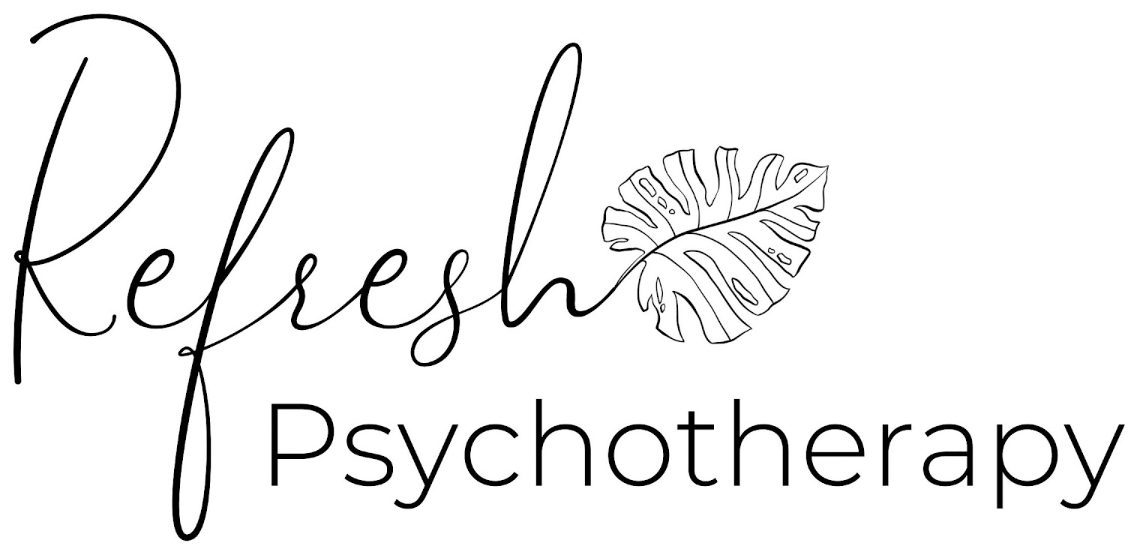
Honoring Asian American and Pacific Islander Heritage Month: A Mental Health Perspective
May marks an important time in the United States as it celebrates Asian American and Pacific Islander (AAPI) Heritage Month, a time dedicated to recognizing the contributions, culture, and history of these diverse communities. However, amidst the celebrations and acknowledgments, it’s crucial to shed light on a significant yet often overlooked aspect: mental health within the AAPI community.
The AAPI community is not a monolith; it encompasses a rich tapestry of cultures, languages, and traditions. Yet, within this diversity lies a shared experience of navigating cultural stigmas, intergenerational conflicts, and systemic barriers that can impact mental well-being.
Cultural Stigma and Silence
Mental health remains a taboo subject in many AAPI communities due to cultural stigmas surrounding mental illness. There’s often pressure to maintain a façade of strength and success, leading individuals to internalize their struggles and suffer in silence. Seeking help for mental health issues can be perceived as a sign of weakness or failure, causing many to forego treatment or support.
Moreover, the model minority myth perpetuates the stereotype that all Asians are academically successful, financially prosperous, and emotionally resilient. This myth not only undermines the diverse experiences of AAPI individuals but also creates unrealistic expectations, further exacerbating mental health challenges.
Intersections of Identity
The AAPI community intersects with various identities, including gender, sexual orientation, immigration status, and generational differences, each influencing mental health experiences uniquely.
For instance, LGBTQ+ AAPI individuals often face additional challenges, including rejection from family, cultural invisibility, and discrimination within both mainstream and LGBTQ+ communities. These intersecting identities can contribute to feelings of isolation, shame, and internalized prejudice, affecting mental well-being.
Similarly, immigrants and refugees within the AAPI community may grapple with acculturation stress, language barriers, and trauma from displacement, all of which can impact mental health outcomes. The pressure to assimilate while preserving cultural heritage can create a sense of identity conflict, leading to psychological distress.
Barriers to Access and Treatment
Despite the growing awareness of mental health issues, AAPI individuals encounter numerous barriers to accessing culturally competent care. Language barriers, lack of culturally sensitive resources, and limited representation of AAPI mental health professionals contribute to the underutilization of mental health services within these communities.
Furthermore, the perpetual foreigner stereotype, which portrays AAPI individuals as perpetual outsiders regardless of their citizenship or cultural integration, can deter seeking help due to fears of discrimination or misunderstanding from healthcare providers.
Cultivating Resilience and Support
Amidst these challenges, it’s essential to highlight the resilience and strength within the AAPI community. Cultivating culturally responsive mental health resources, promoting community-based support networks, and destigmatizing conversations around mental health are critical steps toward fostering well-being.
Encouraging open dialogue within families and communities, providing culturally competent mental health education, and advocating for policies that address systemic inequities can help break down barriers to care and promote holistic wellness.
Conclusion
As we celebrate Asian American and Pacific Islander Heritage Month, let us not forget the importance of addressing mental health within these communities. By acknowledging the complexities of identity, challenging cultural stigmas, and advocating for equitable access to care, we can create a more inclusive and supportive environment where all individuals can thrive mentally, emotionally, and culturally. This month, let’s not only honor the rich heritage of the AAPI community but also commit to prioritizing their mental health and well-being.
